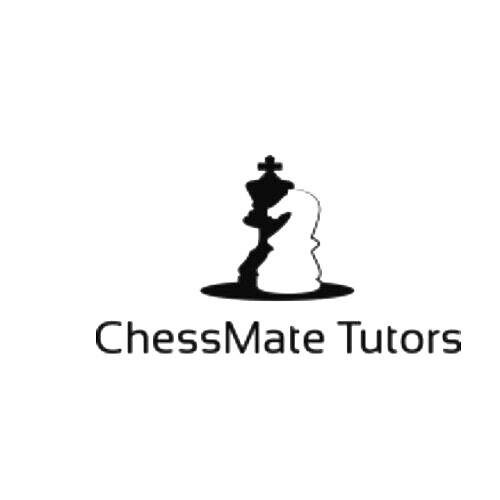3 Secrets From a Chess Master Who Built One of the Fastest-Growing Companies in the U.S.
THE INC. LIFE
3 Secrets From a Chess Master Who Built One of the Fastest-Growing Companies in the U.S.
Business is no game, but these chess lessons can help you stay ahead of the competition.
BY GRAHAM WINFREY
Staff writer, Inc.@GrahamWinfrey
Before founding one of the fastest-growing companies in the U.S., Josh Manion was an international chess master and ranked among the top 80 players in the U.S.
Josh Manion attributes much of the success with his business, digital-marketing platform Ensighten--which claimed the 172 spot on last year's Inc. 5000--to his involvement with chess. He applies many of the lessons learned from the game to guide his business.
"Chess was instrumental in establishing the right rigor for the way that you problem solve and approach business and life," he says.
Manion is not the first entrepreneur to point to the correlation between chess and business. PayPal co-founder Peter Thiel--another chess master ranked by the United States Chess Federation--taught chess concepts to students in his startup class at Stanford University.
While Manion points out that one of the major differences between chess and business is that in chess, unlike in business, everyone has access to the exact same set of information (the board), he says entrepreneurs can still glean some important business lessons from the game. Here are three examples that Manion says have helped him become a better business owner.
1. If you see a good move, wait. There might be a better one coming.
Inexperienced chess players will jump at the opportunity to take an opponent's pawn pretty much instantly, according to Manion. They'll stop their search for a move because they've located one. In business, make sure that you're looking at the whole landscape and actually making your choices based on the complete set of information, not just the first thing that comes across your plate that looks good.
2. Winning requires you to plan many moves ahead.
Too many entrepreneurs start businesses without having a long-term way to create a viable company in a big market that's growing. They may get initial traction or raise a first round of funding, but they haven't actually thought through the later steps of the plan, Manion says. What's beyond your first product? What are you going to do when the large guys get into your space once your market has become more established? How are you going to maintain competitive differentiation in the long-term? These are all examples of things people just gloss over and say, "We'll figure it out when we get there," which can be risky.
3. In chess, you have to manage your time or you can lose--even with the better position. The same can be said for cash in business.
In chess, in a tournament setting, you have a finite amount of time to make a certain number of moves. It doesn't matter what's happening on the board. If you lose on time, you're done. That has a strong correlation to cash in startups, according to Manion. It doesn't matter if you have the best product. If you run out of cash along the way, you're done. You need to make sure that you're managing cash as you go, that you're raising money appropriately, and that you're not overspending. Some entrepreneurs think that if their business gets into distress, that the venture capital community will ride to their rescue. That won't happen.
